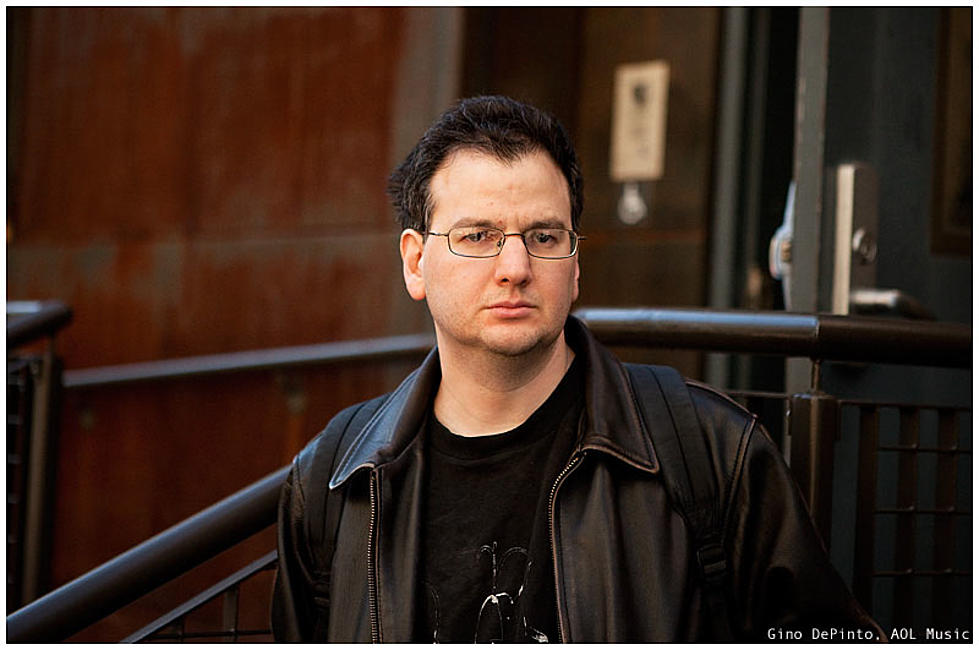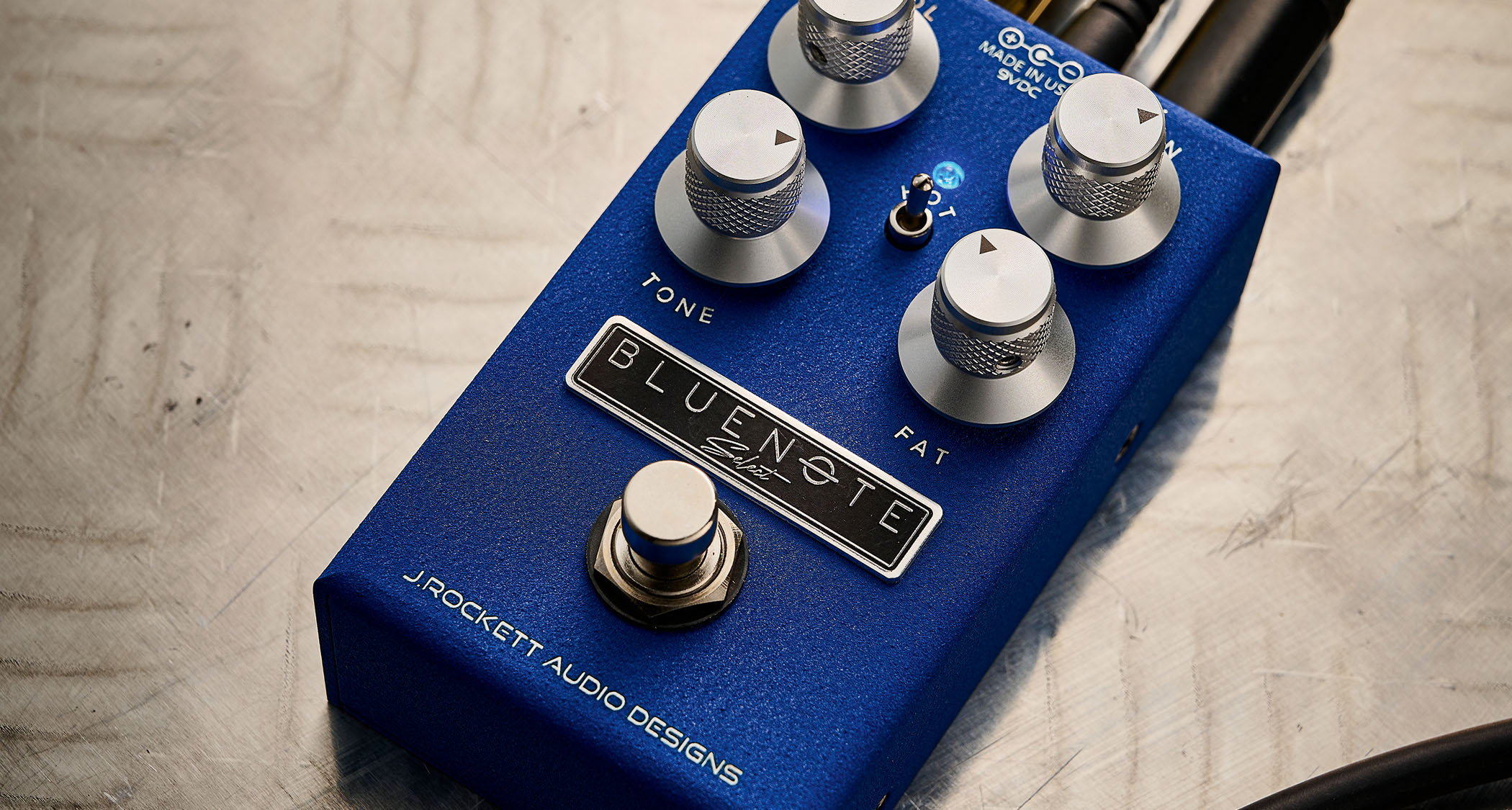Alcest's Neige: "I went with my aggressive feelings and wrote these songs very quickly - they were true to my emotions"
The frettin' frontman takes you inside the cult French blackgazers’ latest album, the turmoil-driven Spiritual Instinct

When they released their second full-length offering, 2010’s Écailles de lune, French experimentalists Alcest were widely considered pioneers of blackgaze. The seemingly unlikely style blended the roaring riffs and torrential tremolo guitars of black metal with the ethereal buzz and otherworldly textures of shoegazer music.
In the years that followed, Alcest frontman Neige gradually moved away from his blackened beginnings and toward a more melancholy, atmospheric sound.
However, with the band’s sixth and latest album, Spiritual Instinct, Alcest have revisited their blackgaze roots and created their most direct, aggressive album in years. For Neige, the move wasn’t an effort to please old-school fans, it was a sincere reflection of the tension and turmoil he experienced supporting Kodama.
“Touring is very repetitive and hard,” Neige says.” I accumulated a lot of frustration and anxiety, and when it was time to write new music, everything came out.”
Unlike past albums, which were painstakingly and laboriously constructed, Spiritual Instinct was written quickly and spontaneously. “I didn’t create lots of details and fit them into little boxes,” Neige says.
“I went with my aggressive feelings and wrote a lot of these songs very quickly so they were true to the emotions I felt.”
While Neige was able to write Spiritual Instinct in a few short months, recording the album was arduous and frustrating. Alcest had tracked the drums for Kodama on tape in 2016, so Neige thought it would be exciting to record Spiritual Instinct using analog equipment.
Get The Pick Newsletter
All the latest guitar news, interviews, lessons, reviews, deals and more, direct to your inbox!
Touring is very repetitive and hard. I accumulated a lot of frustration and anxiety, and when it was time to write new music, everything came out
Shortly after Neige and producer Benoît Roux started working at Drudenhaus Studio in Issé, France, Alcest’s frontman started questioning his decision.
“It’s very difficult when you do everything analog because you cannot stop anywhere and just restart,” he said. “Everything takes a long time to get right. Also, you have to maintain the machine and clean the recording heads every day, and that takes away from the natural vibe of the songs.”
When asked if Alcest will continue on an upward trajectory of heaviness and aggression, Neige laughs. “I really hope not,” he says. “I’m meditating and doing yoga now and some of the tension and negativity is away from me. So now I feel like I can go and do something else that’s not so angry.”
Jon is an author, journalist, and podcaster who recently wrote and hosted the first 12-episode season of the acclaimed Backstaged: The Devil in Metal, an exclusive from Diversion Podcasts/iHeart. He is also the primary author of the popular Louder Than Hell: The Definitive Oral History of Metal and the sole author of Raising Hell: Backstage Tales From the Lives of Metal Legends. In addition, he co-wrote I'm the Man: The Story of That Guy From Anthrax (with Scott Ian), Ministry: The Lost Gospels According to Al Jourgensen (with Al Jourgensen), and My Riot: Agnostic Front, Grit, Guts & Glory (with Roger Miret). Wiederhorn has worked on staff as an associate editor for Rolling Stone, Executive Editor of Guitar Magazine, and senior writer for MTV News. His work has also appeared in Spin, Entertainment Weekly, Yahoo.com, Revolver, Inked, Loudwire.com and other publications and websites.
“I always felt like that record could have been better if we had worked on it some more”: Looking for a blockbuster comeback album, Aerosmith turned to Van Halen producer Ted Templeman. For Joe Perry, it served as a learning experience
Guitar World Discussion: Who is the most underrated guitar player of all time?











